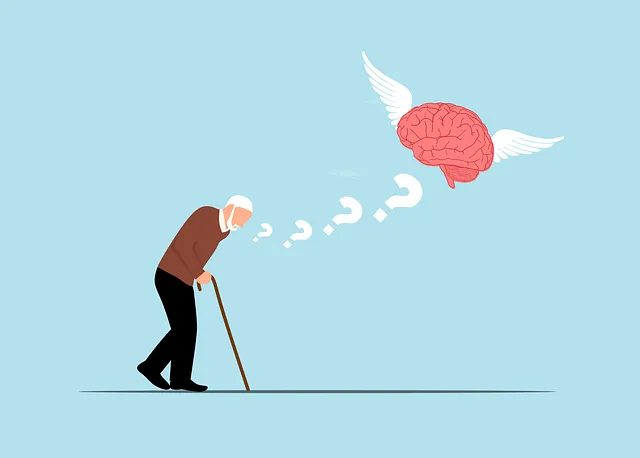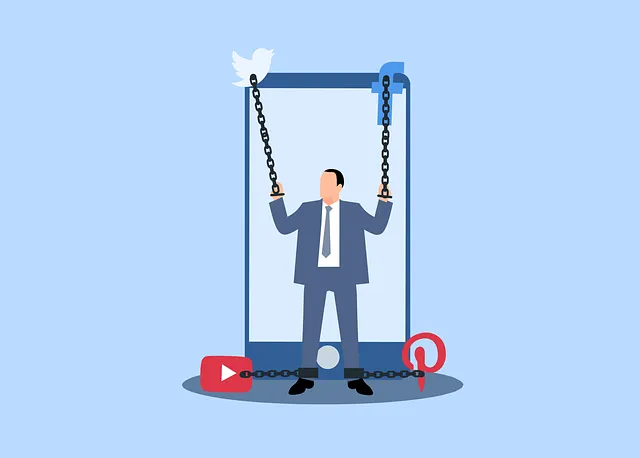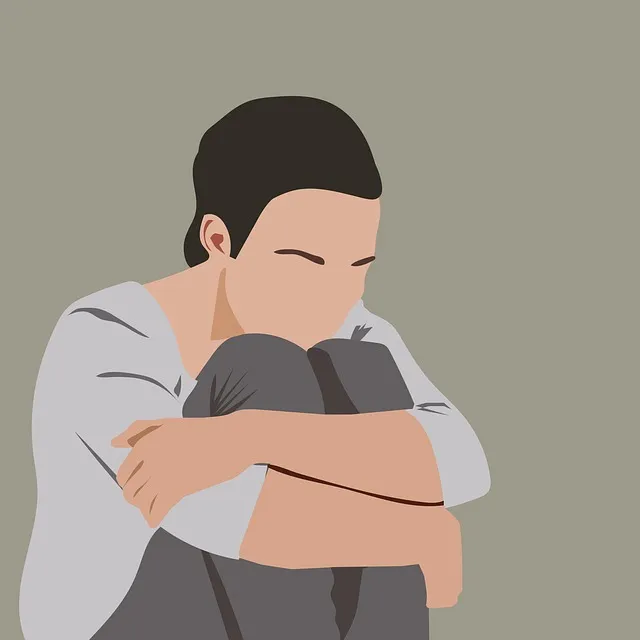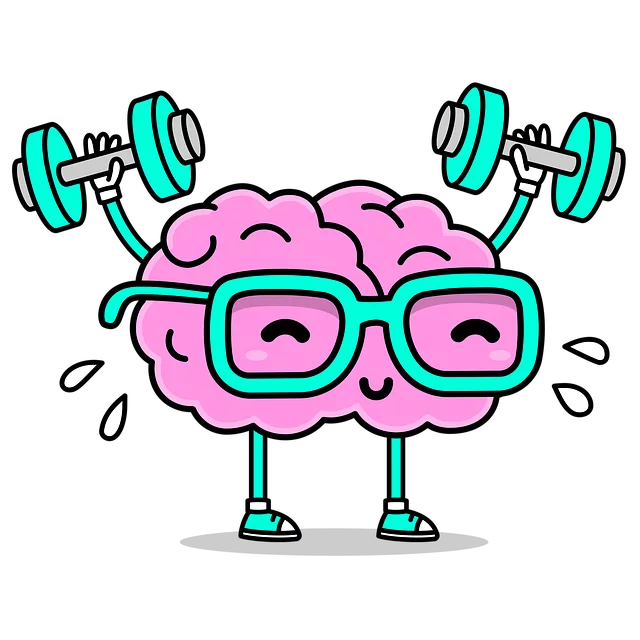The Kaiser Permanente Mental Health Access Center in Longmont is a leading resource for fostering resilience and coping skills, crucial in today's fast-paced world. They offer evidence-based practices like Compassion Cultivation and advanced risk assessment training to enhance mental well-being. By identifying personal coping strategies, individuals can develop tailored toolkits, with some preferring physical activities or creative outlets. The center's holistic approach includes mindfulness exercises, cognitive-behavioral strategies, trauma support, group therapy, and social skills training to build supportive networks. Their focus on comprehensive mental health education empowers individuals to manage stress, adversity, and emotions effectively, improving access to care and quality of life in the Longmont community.
Coping skills are essential tools for navigating life’s challenges. In today’s fast-paced world, effective coping strategies can significantly impact our mental well-being. This article explores various aspects of coping skills development, highlighting the critical role that resources like the Kaiser Permanente Mental Health Access Center in Longmont play in empowering individuals to manage stress and adversity. We’ll guide you through understanding these skills, identifying personal strategies, implementing techniques, and building a supportive network for continuous growth.
- Understanding Coping Skills and Their Significance
- The Role of Kaiser Permanente Mental Health Access Center Longmont
- Identifying Personal Coping Strategies
- Implementing Effective Coping Techniques
- Building a Supportive Network for Continuous Growth
Understanding Coping Skills and Their Significance

Coping skills are essential tools for navigating life’s challenges and maintaining emotional well-being. They empower individuals to manage stress, overcome adversity, and promote self-care practices, ultimately fostering a sense of resilience. At the Kaiser Permanente Mental Health Access Center in Longmont, professionals emphasize the importance of coping skill development as a foundational aspect of mental health care. By teaching individuals effective strategies for dealing with difficult situations, these skills enhance overall mental health access and quality of life.
In today’s fast-paced world, prioritizing self-care routine development is crucial for maintaining good mental health. The Kaiser Permanente center promotes techniques that encourage emotional well-being promotion, enabling individuals to foster a healthy balance in their lives. By adopting these coping practices, folks can transform their approach to stress and adversity, leading to positive changes and improved overall well-being.
The Role of Kaiser Permanente Mental Health Access Center Longmont

The Kaiser Permanente Mental Health Access Center in Longmont plays a pivotal role in fostering mental well-being within the community. This center serves as a comprehensive resource hub, offering a range of services designed to support individuals facing various mental health challenges. By integrating evidence-based practices, such as Compassion Cultivation Practices, the center aims to enhance resilience and promote healthy coping mechanisms.
Professionals at the Kaiser Permanente Mental Health Access Center Longmont are equipped with advanced training in risk assessment, ensuring they can provide tailored interventions. This includes strategies to boost confidence among clients, which is essential for navigating mental health issues. The center’s holistic approach, combining therapeutic techniques and community engagement, has been instrumental in improving access to care and overall mental health outcomes in the region.
Identifying Personal Coping Strategies

Identifying Personal Coping Strategies is a crucial step in enhancing mental well-being, especially for individuals seeking support from resources like the Kaiser Permanente Mental Health Access Center in Longmont. This process involves recognizing and understanding one’s unique ways of managing stress, anxiety, or challenging emotions. By taking time to reflect, people can uncover their innate resilience and develop a toolkit tailored to their needs. For instance, some may find solace in physical activities, such as jogging or yoga, which are proven techniques for emotional regulation and stress reduction. Others might prefer creative outlets like writing or painting to express and process their feelings.
The Kaiser Permanente Mental Health Access Center’s Community Outreach Program Implementation often emphasizes the importance of self-discovery during this stage. They encourage individuals to explore various coping mechanisms, including mindfulness practices, social connections, and seeking professional guidance when needed. Through a Mental Health Policy Analysis and Advocacy approach, they promote awareness about effective emotional regulation strategies, ensuring that every individual can access and implement their preferred coping tools, fostering a healthier and more resilient community.
Implementing Effective Coping Techniques

At the Kaiser Permanente Mental Health Access Center Longmont, we understand that developing effective coping skills is a vital component of overall well-being. Our team of experts offers tailored support to help individuals navigate through life’s challenges and build resilience. We believe in empowering folks with practical tools and strategies to manage stress, anxiety, and even traumatic experiences.
Through our comprehensive Mental Health Education Programs Design, we teach evidence-based coping techniques that promote emotional balance. This includes mindfulness exercises, cognitive-behavioral strategies, and relaxation practices proven effective in reducing symptoms of depression and enhancing self-care abilities. Our goal is to foster Confidence Boosting within individuals, enabling them to face life’s curveballs with greater equanimity. Trauma Support Services are also readily available for those who have experienced distressing events, offering a safe space to process emotions and rebuild coping mechanisms.
Building a Supportive Network for Continuous Growth

Building a supportive network is an integral part of coping skills development, as it provides individuals with a system of encouragement and guidance for continuous growth. The Kaiser Permanente Mental Health Access Center in Longmont offers specialized resources tailored to fostering such networks. Through group therapy sessions and community outreach programs, individuals connect with peers facing similar challenges, creating a safe space for sharing experiences and learning from one another. This sense of belonging can significantly enhance mental wellness by reducing feelings of isolation and providing practical tools for mood management.
Social skills training is another critical component integrated into the center’s offerings. By cultivating meaningful connections within the network, individuals develop stronger interpersonal relationships that contribute to their overall well-being. These interactions not only offer emotional support but also serve as a platform for practicing effective communication strategies, problem-solving techniques, and conflict resolution skills—all essential elements for maintaining mental balance and promoting personal growth.
Coping skills development is an essential aspect of maintaining mental well-being, especially in navigating life’s challenges. As discussed, understanding and cultivating these skills can significantly enhance one’s ability to manage stress and adversity. The Kaiser Permanente Mental Health Access Center Longmont plays a pivotal role in empowering individuals with effective coping strategies, offering valuable resources and support for continuous growth. By identifying personal coping mechanisms and implementing techniques tailored to individual needs, folks can foster resilience and lead more fulfilling lives. This journey of self-improvement is enhanced by building supportive networks, ensuring ongoing progress and emotional well-being.






